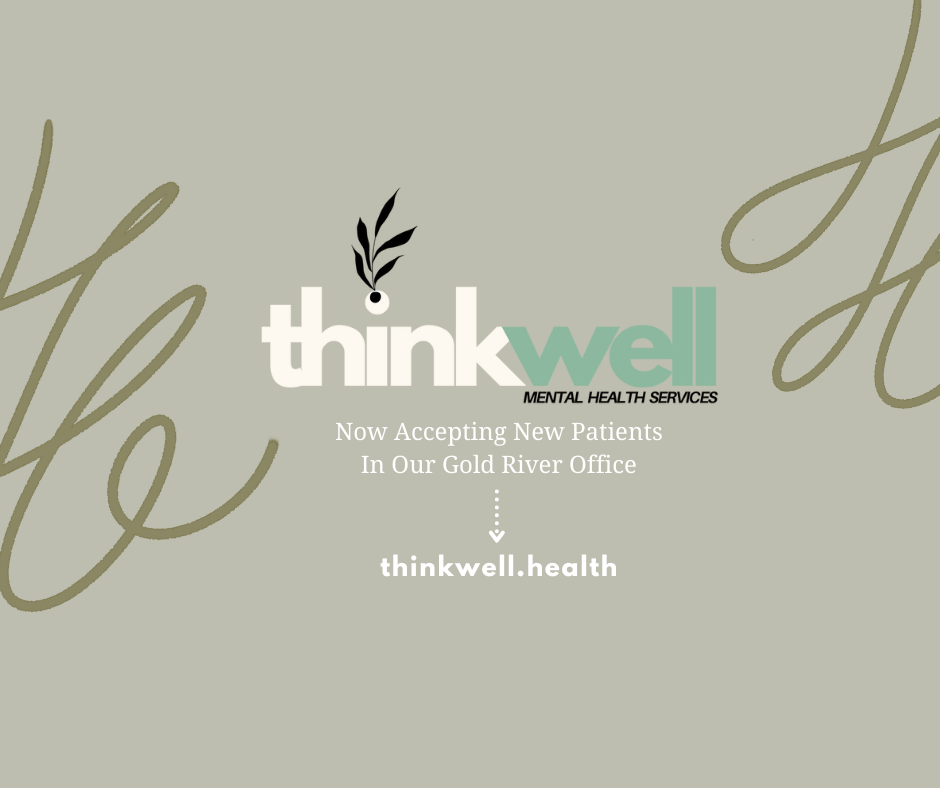Exploring the Benefits of Mindfulness Meditation for Anxiety
Mindfulness meditation has gained significant popularity in recent years as an effective therapy for managing anxiety. Anxiety disorders affect millions of people worldwide and can significantly impact their quality of life. While traditional therapies and medications have been the go-to solutions, many individuals are now turning to mindfulness meditation as an alternative method to alleviate anxiety symptoms. This article aims to delve into the benefits of mindfulness meditation and highlight its potential as a powerful therapy for anxiety.
Anxiety is often characterized by constant worry, racing thoughts, and an overwhelming sense of unease. Mindfulness meditation allows individuals to focus on the present moment, cultivating awareness and acceptance of their current thoughts and emotions. By practicing mindfulness, individuals can observe their anxiety without judgment and respond to it in a more calm and measured manner.
One of the key benefits of mindfulness meditation for anxiety is that it helps individuals gain control over their thoughts and emotions. By observing their anxious thoughts without becoming entangled in them, individuals can develop a greater sense of self-awareness and detachment. Over time, this can lead to a reduction in anxiety symptoms and an increase in emotional well-being.
Moreover, mindfulness meditation enhances the ability to manage stress, a significant trigger for anxiety. Research indicates that mindfulness can reduce the activation of the amygdala, the brain region responsible for the fight-or-flight response. This reduction in amygdala activity is linked to a decrease in anxiety levels and an improved ability to handle stressors effectively.
Another advantage of mindfulness meditation therapy is its accessibility. It can be practiced virtually anywhere and at any time without the need for specialized equipment. Whether it’s during a meditation session, a few minutes of deep breathing, or simply being fully present during routine activities, mindfulness can be seamlessly incorporated into an individual’s daily life.
Furthermore, mindfulness meditation promotes relaxation and physical well-being. It encourages individuals to focus on their breath, allowing them to slow down their heart rate and induce a state of relaxation. This relaxation response counters the physiological symptoms of anxiety, such as increased heart rate and shallow breathing, leading to a reduction in anxiety symptoms overall.
In conclusion, mindfulness meditation therapy offers numerous benefits for individuals struggling with anxiety. By cultivating awareness, acceptance, and self-control, individuals can effectively manage their anxiety symptoms and improve their overall well-being. Its accessibility and the ability to be practiced almost anywhere make mindfulness meditation a convenient and cost-effective therapy option. As more individuals explore this alternative method, it is essential to recognize the potential benefits it holds and its ability to transform the lives of those suffering from anxiety disorders.
************
Want to get more details?
Thinkwell
https://www.thinkwell.health/
279-786-7534
2937 Gold Meadow Way, Gold River, CA ,95670
Hello! My name is Kateri Ross and I am a Licensed Marriage and Family Therapist (LMFT) based in the Sacramento area of California. I work with adolescents and adults specializing in anxiety, depression, trauma, stress, anger, relationship issues, life transitions, and physical health issues. I utilize an array of therapeutic modalities based on what is the best fit for my clients’ needs and goals.
I primarily implement Cognitive Behavioral Therapy, as well as Dialectical Behavioral Therapy, Solution-Focused Brief Therapy, Strength Based Therapy, and Motivational Interviewing to help my clients navigate through challenges, explore and process difficult emotions, build resilience, and foster growth.
My approach to therapy is “person-centered” and is tailored to match the individual needs and goals of each client, ensuring therapy feels personalized and relevant to you.

